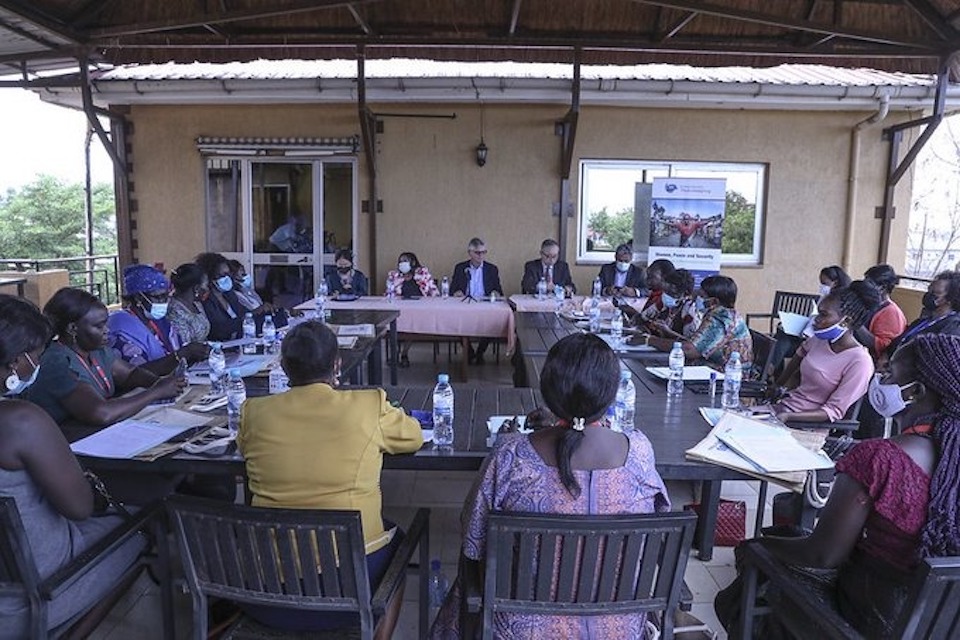Putting fundamental building blocks in place for South Sudan's future
Statement by Ambassador James Kariuki at the Security Council briefing on South Sudan.

Thank you Mr President and let me thank SRSG Haysom, Ms Ghelani and Ms Nanjia for your insightful contributions. I would like to make three key points in response to what we have heard today.
Firstly, implementation of the Peace Agreement still falls far short of what is needed. This is fostering increased instability and exacerbating political divisions.
The United Kingdom welcomed in recent areas of progress, including the inauguration of parliament, exchange rate reforms, and public financial management reforms. But three years on, delays in turning core commitments into action are compounding grievances and contributing to ongoing suffering and instability.
We share the concerns expressed by many today regarding recent splits in the SPLM In-Opposition and the destabilising impacts of political manoeuvring. We welcome the role of IGAD and Prime Minister Hamdok as Chair in seeking to resolve these divisions. And we echo their call for all parties to refrain from violence, and to focus on achieving peace and stability through compromise, trust and unity.
We also continue to call on all actors to work towards an improved security situation and for the long overdue graduation of a Necessary Unified Force. But improved security alone will not be sufficient to strengthen trust between the South Sudanese state and its people. That will also rely on more people having a genuine stake in the country’s governance.
Mr President, this brings me to my second point. The United Kingdom is deeply concerned by restrictions on freedom of expression imposed by South Sudan’s Government in response to public calls for peaceful protests. And I think Ms Nanjia’s briefing reinforced this message. Intimidation, threats and pre-emptive detentions of civil society are unacceptable.
As we draw closer to the first national elections, we urge South Sudan’s Government to respect the freedoms of speech, association and expression guaranteed in the Transitional Constitution. These freedoms are vital to enable much-needed debate on the country’s future. We encourage South Sudan’s leaders to take concrete steps now, to ensure that the path to elections will be open, inclusive and fair, starting with inclusive consultations on the constitution process.
Thirdly, Mr President, we cannot ignore the fact that insecurity and political tensions are contributing directly to the suffering of millions of South Sudanese people. We know that 7.2 million people – 60% of the population – are likely to face acute food insecurity in the coming months. Increased violence has displaced tens of thousands and interrupted humanitarian delivery. Moreover, humanitarian workers and their assets continue to be targeted. This is deplorable and must end.
Mr President, allow me to conclude by reiterating our call for South Sudan’s leaders to focus on the bigger picture and on earning the trust of their people. South Sudan’s future stability and prosperity depend on putting fundamental building blocks in place now, including an end to violence, respect for human rights and humanitarian access, and a path to inclusive and credible elections. The international community, including our UN family here, should unite behind this effort. Thank you Mr. President.